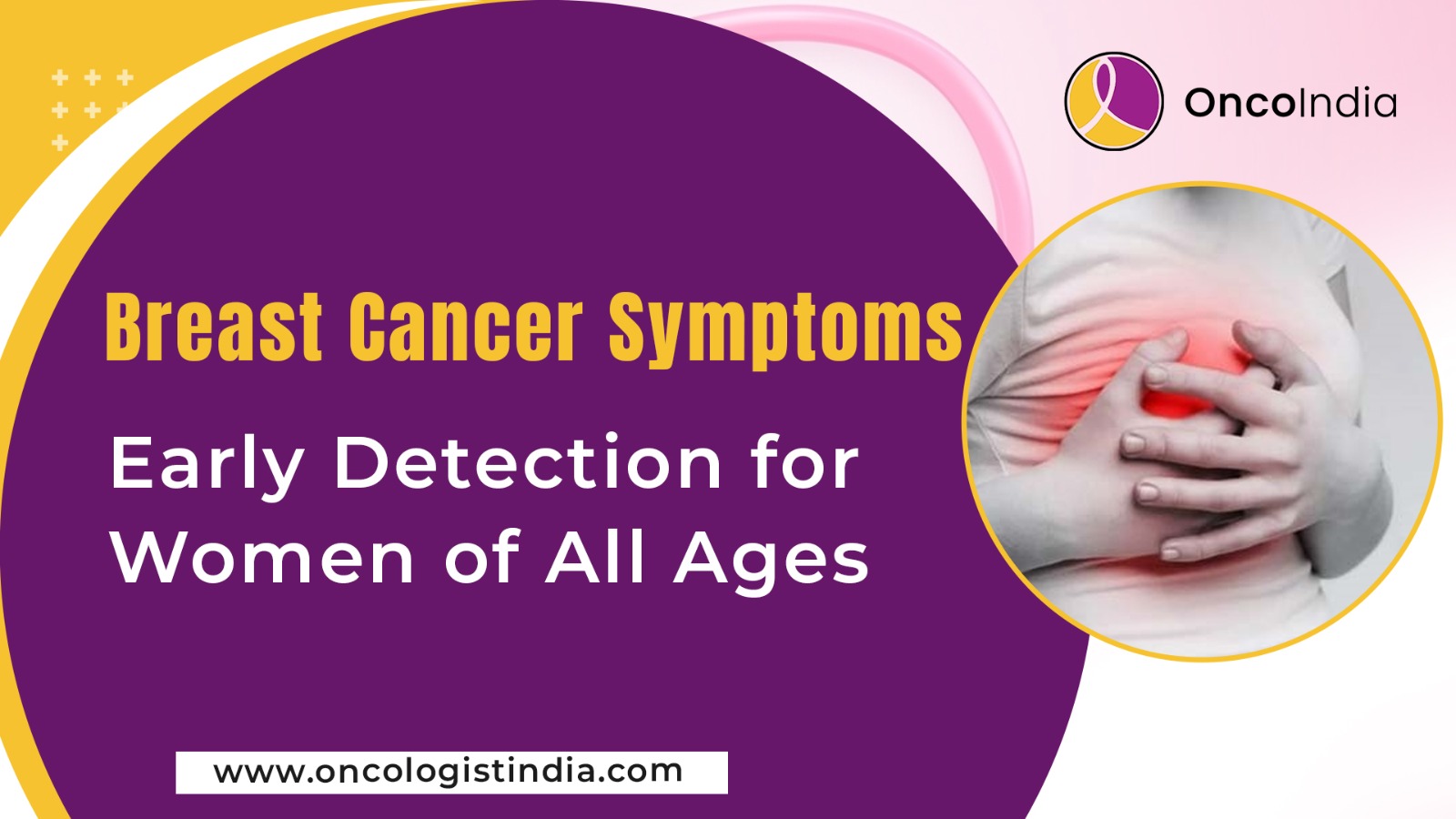Breast cancer is a serious health issue that many people experience all over the world. There is a widespread misconception that older women are more susceptible to breast cancer that’s not true younger also susceptible. Although age is a factor, younger women can also develop breast cancer. Knowing this can aid in the disease's early discovery and improved treatment.
It is true that older women are more likely to develop breast cancer. According to statistics, women over 50 are diagnosed with breast cancer in the majority of cases. This is due to the fact that as women age, their risk of breast cancer rises. This elevated risk is caused by hormonal fluctuations, extended exposure to estrogen, and other age-related variables.
Nevertheless, the notion that breast cancer only affects elderly women is untrue. Women of all ages, including those in their 20s and 30s, can get breast cancer. Though it is less common in younger women, the disease can attack at any age. It is vital to comprehend the risk as a result.

Although breast cancer is less common in younger women—especially those under 40—it can frequently manifest as an aggressive form of the disease. Younger women's cancer tends to grow more quickly and may be more difficult to identify in its early stages. Younger women must therefore be especially aware of their breast health and report any unusual changes to a healthcare professional.
Breast cancer risk is also influenced by genetics. Regardless of age, women with a family history of breast cancer or those with genetic abnormalities like BRCA1 or BRCA2 are more vulnerable. Regular tests and preventative measures become even more essential to these women.
The secret to effectively treating breast cancer is early detection. It is important for women of all ages to be aware of their bodies and to notice any changes, including lumps, swelling, or changes in the appearance of the breasts. Frequent self-examinations and medical examinations can aid in the early detection of breast cancer, when it is most curable.
Even if a younger woman doesn't exhibit any visible signs, it's still crucial to take proactive measures to maintain her breast health. Women should generally begin having annual mammograms at age 40, but those with greater risk factors may need to begin earlier. Choosing the right screening schedule can be helped by speaking with a healthcare professional.
Overcoming the Myth
The misconception that breast cancer primarily strikes older women could result in complacency and the passing up of chances for early detection. Realizing that breast cancer can affect women at any age and that everyone should be proactive and knowledgeable about breast health is crucial. By addressing these misconceptions, education and awareness campaigns can empower more women to take control of their health.
The false belief that breast cancer exclusively poses a threat to elderly women ignores the fact that people of any age can be affected by the illness. Age is a big risk factor for breast cancer, but there are other important factors as well, like genetic predisposition, family history, and lifestyle choices. All women, regardless of age, should be aware of their risk factors and take preventive and screening actions on a regular basis.
Breast cancer awareness and early detection are crucial for effective treatment, according to Dr. Shiva Kumar Uppala, MS, M.Ch., one of Bangalore's top cancer specialists. Women of all ages can be proactive in preserving their breast health and getting early medical care by dispelling myths and concentrating on thorough risk assessment.
Blog Reviewed By: Dr. Shiva Kumar Uppala